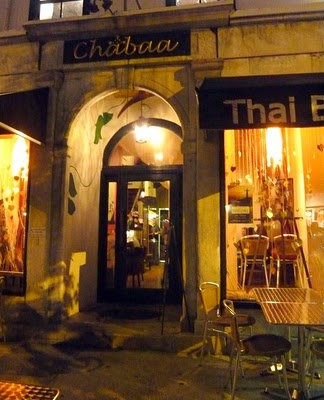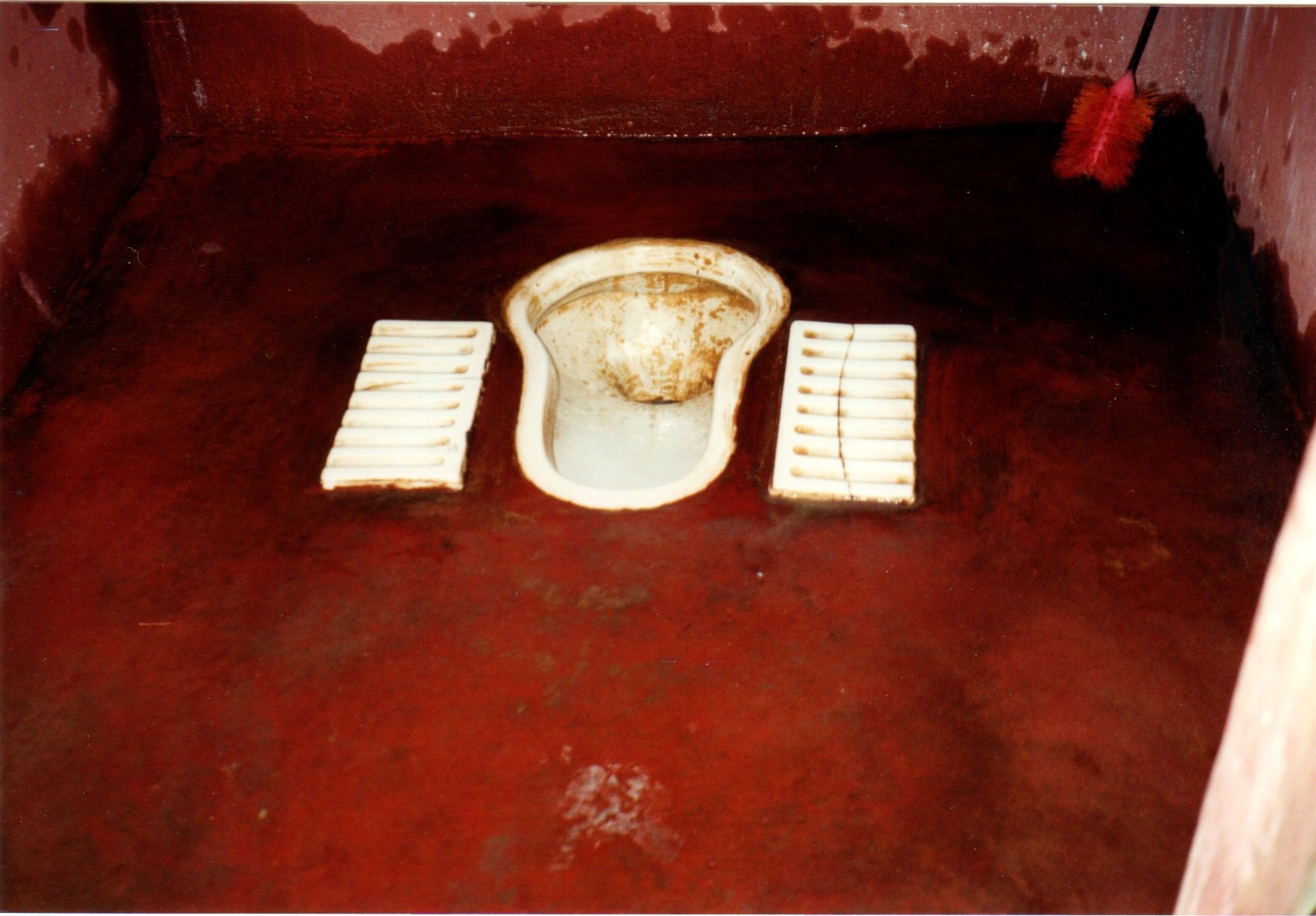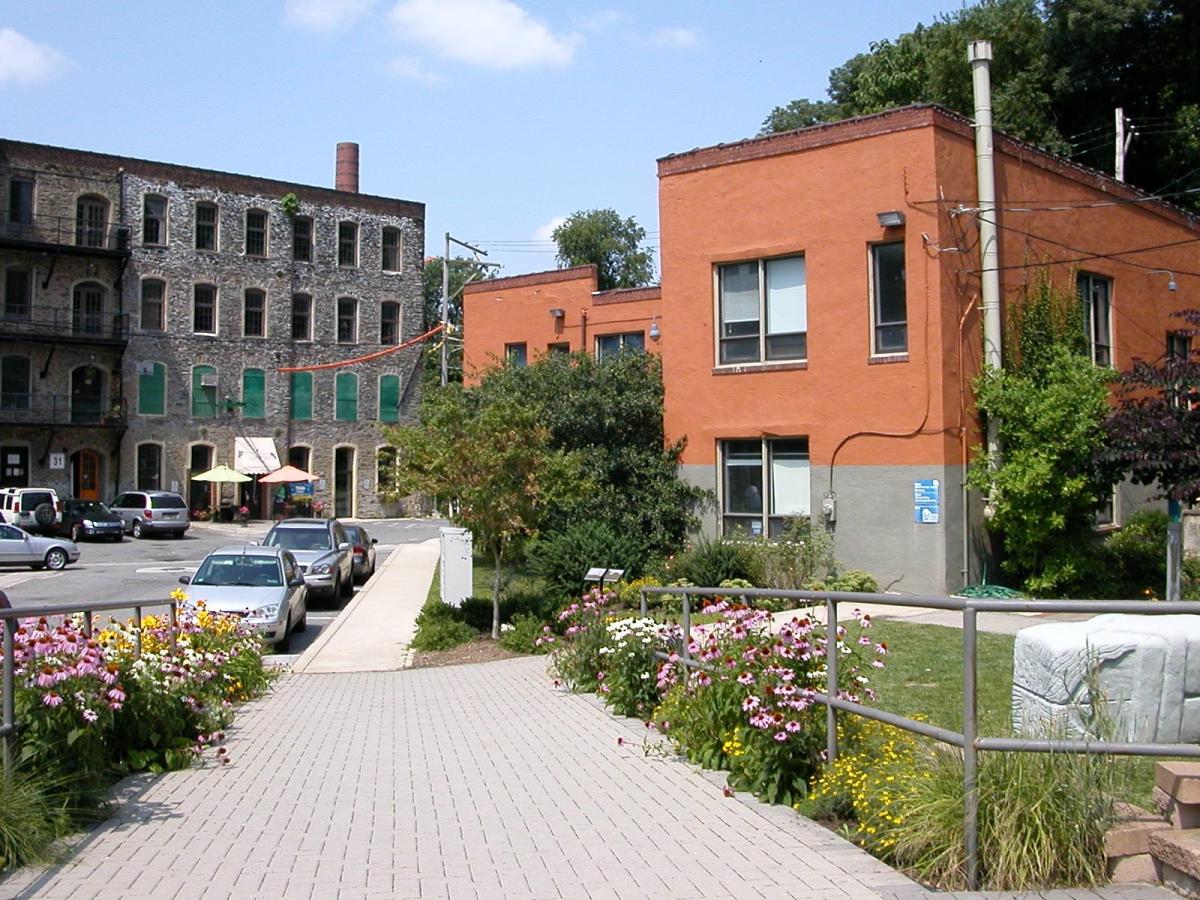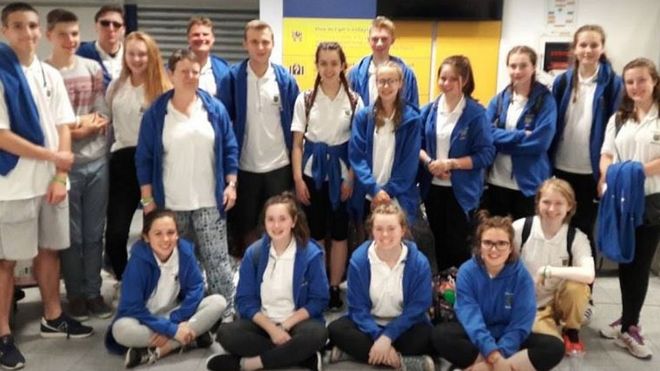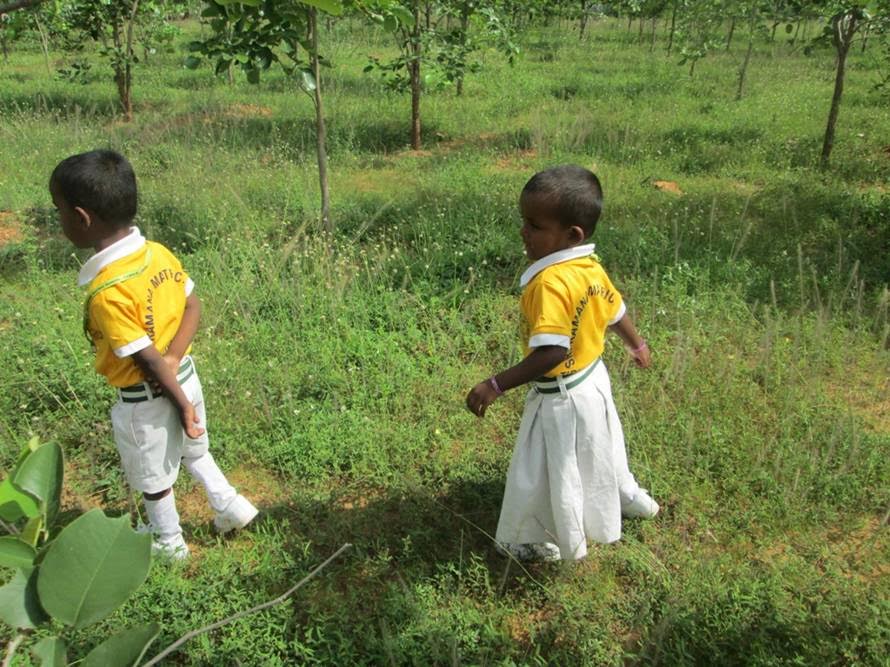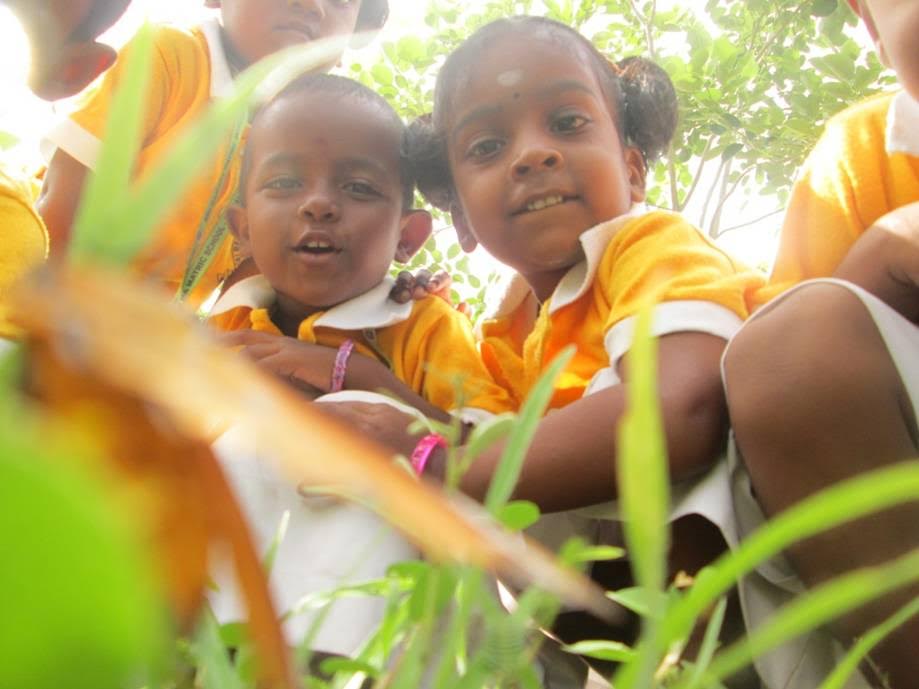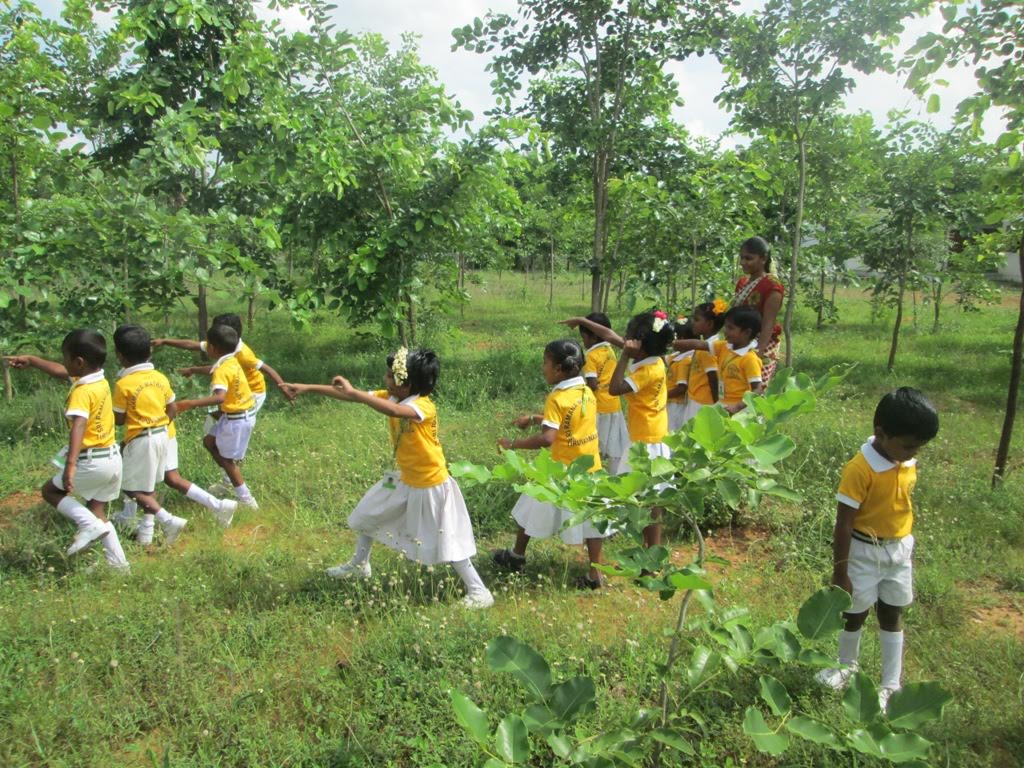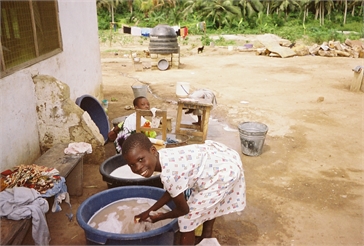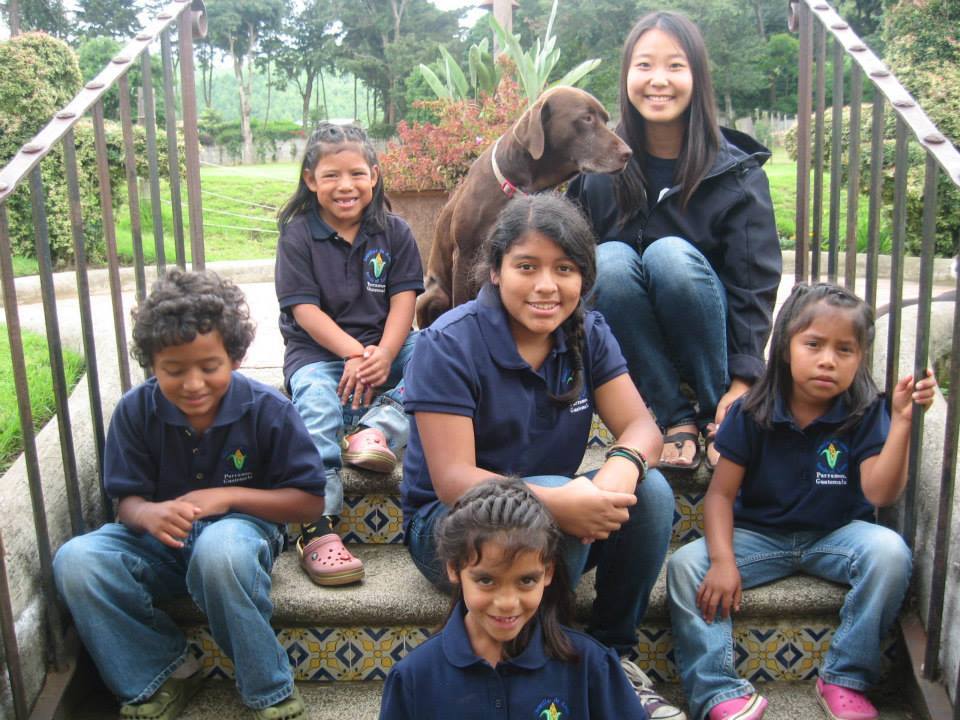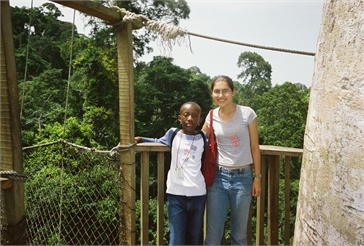For our former volunteers and anyone else in the Philadelphia region who might be interested in a graduate school fair with a non-profit and international focus:
The Philadelphia Idealist Grad Fair is on September 26 from 5:00 – 8:00 PM at Temple University. Admission is free.
Learn about admissions requirements and application deadlines for graduate programs in social work, public policy, nonprofit management, international affairs, public interest law, social entrepreneurship, and many more.
Speak with graduate admissions advisors from local, national and international universities
The fair is free and open to anyone considering graduate school.
DETAILS
Tuesday, September 26, 2017
5:00 PM – 8:00 PM EDT
LOCATION
Temple University
Mitten Hall
1913 North Broad Street
Philadelphia, PA 19122
Any questions? Email gradfairs@idealist.org.
Idealist.org is one of the most well-known websites for the non-profit world. Their website lists over 120,000 organizations and has 1.4 million monthly visitors. Idealist “helps people move from intention to action all over the world.”
Watch these two short videos to see why you should attend the fair and what it looks like:



